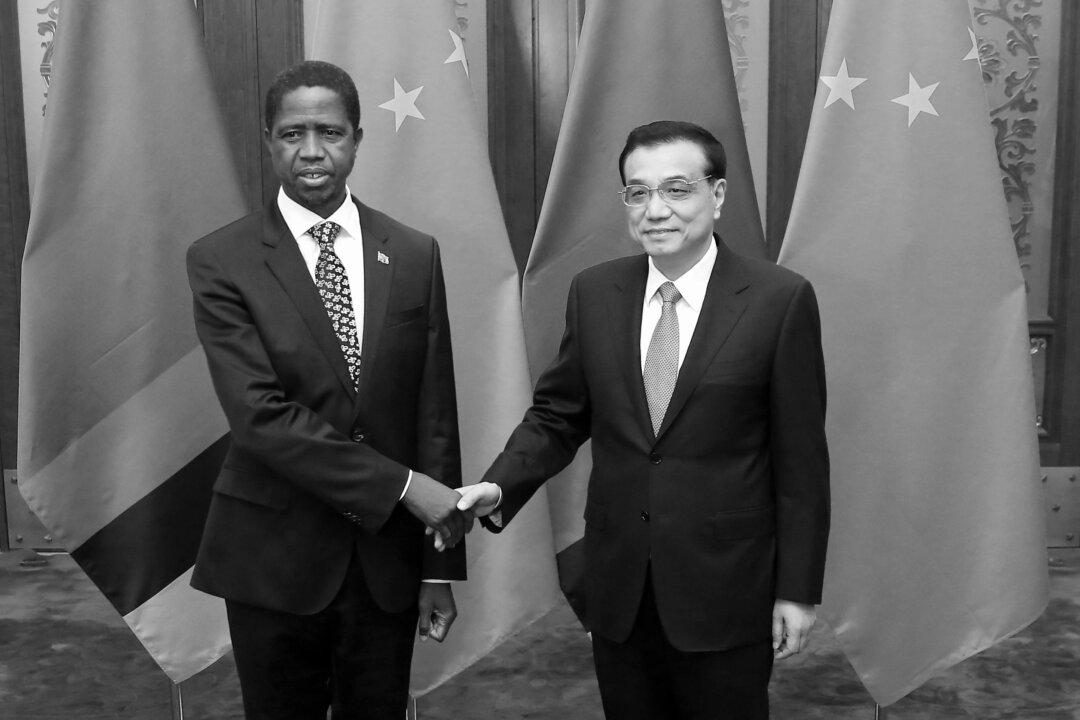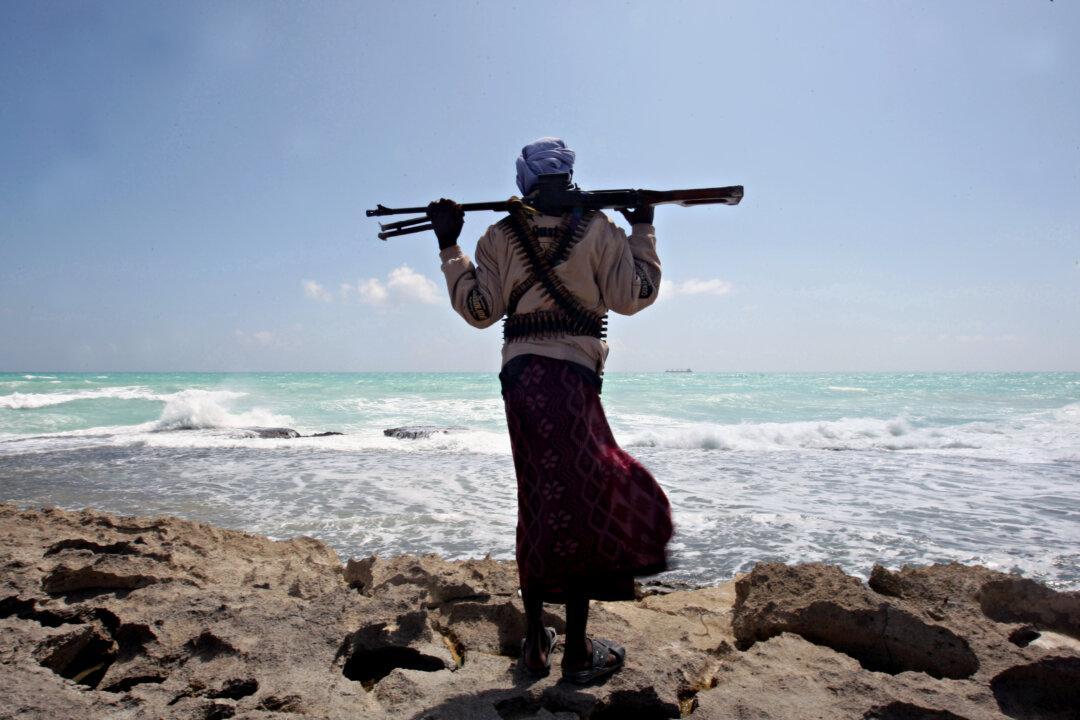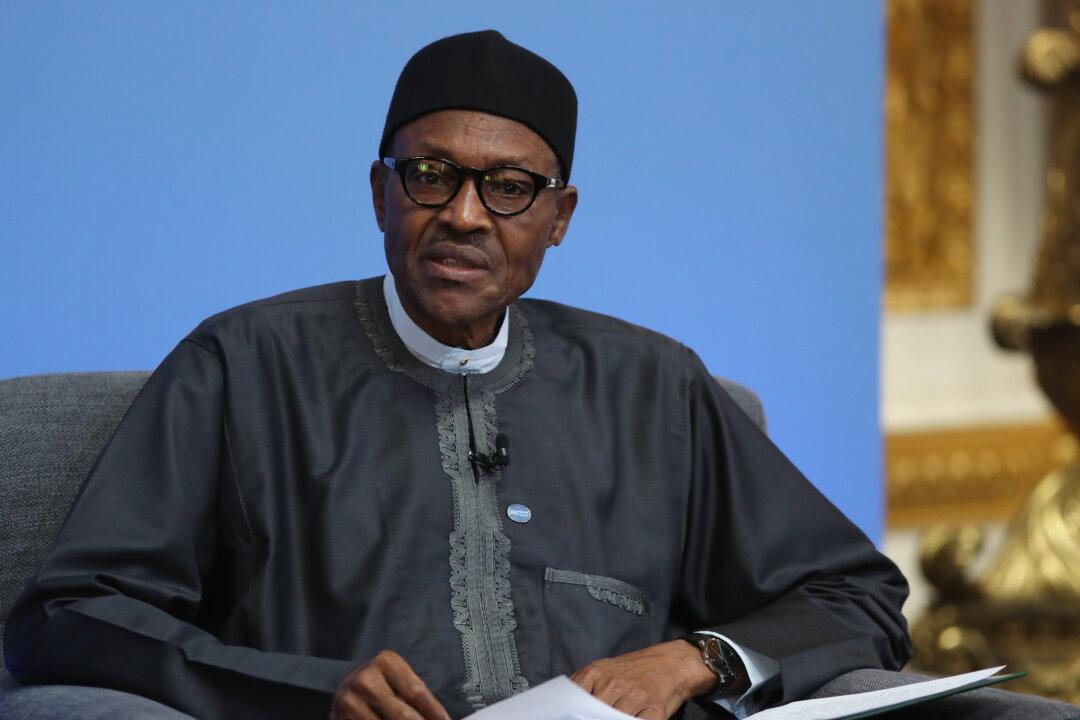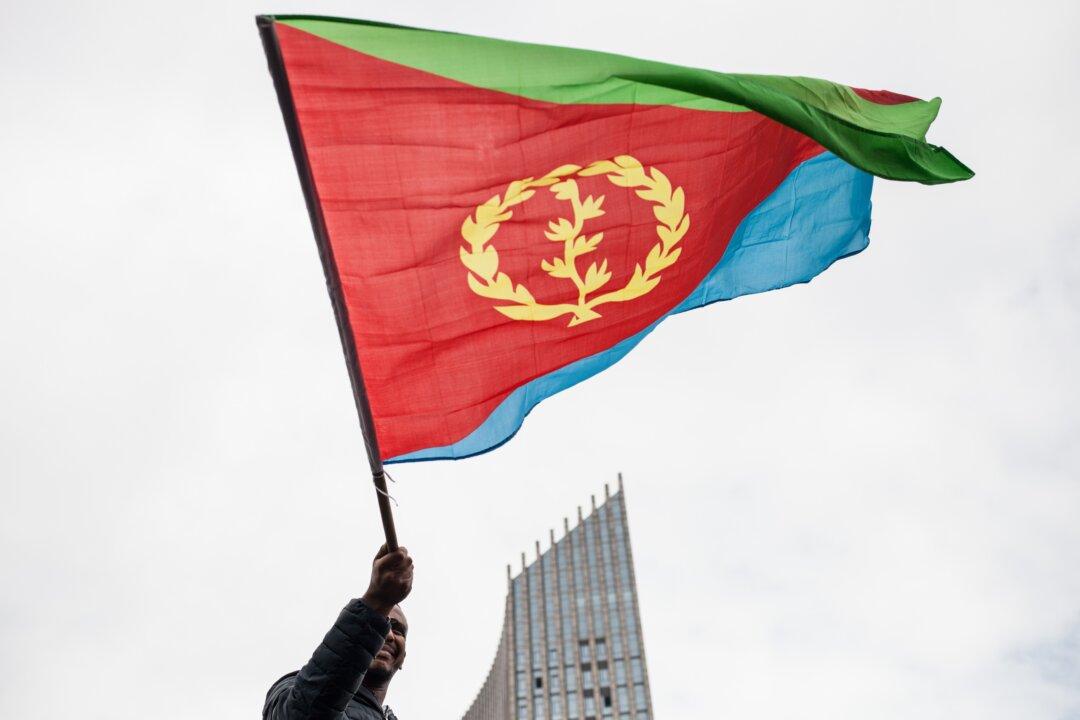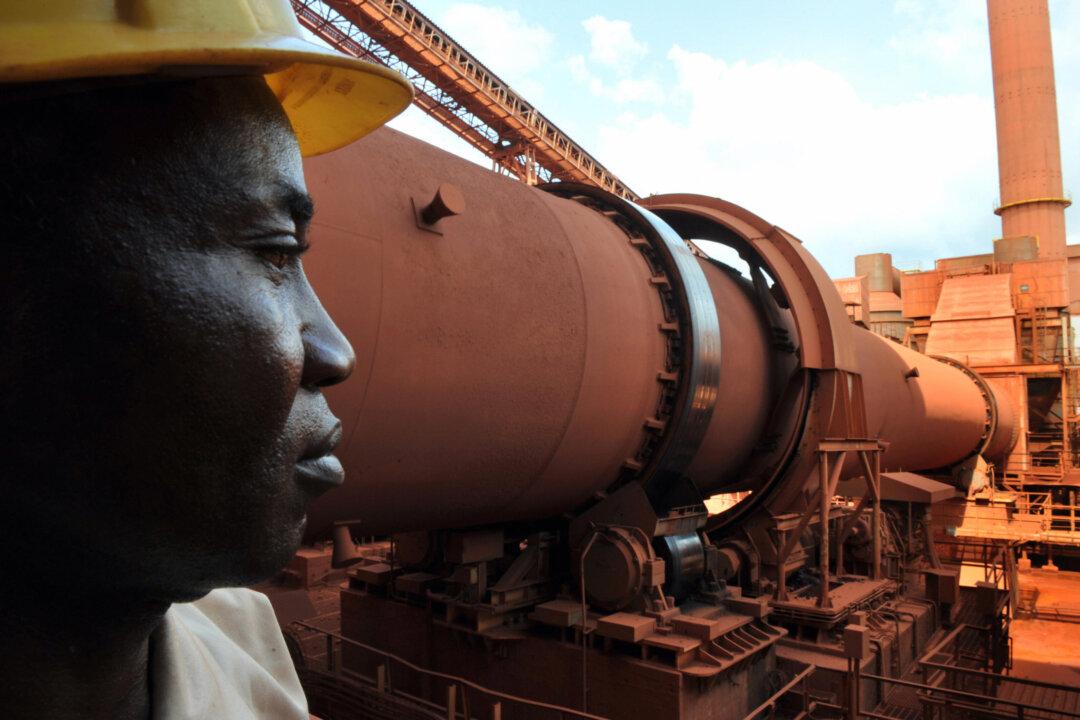The scandal surrounding Scottish actor Louise Linton and her memoir of the year spent in Africa—a book so problematic that the inconsistencies and the “white savior” delusions of “In Congo’s Shadow“ are too numerous to debate here—has put Zambia at the center of international attention. However, it’s not the attention Zambians want, in a country that rarely pops up on the West’s radar.
While Linton’s book sparked a media flurry as well as the viral #LintonLies hashtag, the real scandal Zambians care about involves the struggles of a comparatively peaceful and stable nation, whose real challenges go overlooked while the world focuses its gaze on attention-seeking socialites.
Zambia is at an economic and political crossroads that serves to underscore the importance of identity in the developing world.
